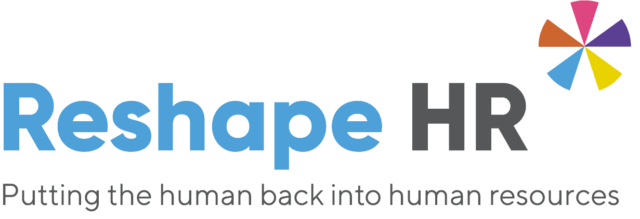Background
World Menopause Day is held globally on the 18th of October on an annual basis.
The International Menopause Society established World Menopause Day in 2009 to raise awareness for women who face health issues when approaching, during and after menopause.
According to the International Menopause Society: The purpose of the day is to raise awareness of Menopause and the support options available for improving health and wellbeing of women across the globe. This can be done by sharing materials, whether it is leaflets or social media posts, or simply organising events; all of these can assist to reduce the stigma associated with Menopause.
Theme
For 2022, the theme for World Menopause Day is “Cognition and Mood” which focuses on how hormonal changes through menopause can affect the memory and mood.
How does Menopause affect my cognition and mood?
According to nhsinform.scot: “Changes in your hormones during menopause can impact your mental health as well as your physical health. Menopausal symptoms may include:
- Anger and irritability
- Anxiety
- Forgetfulness
- Loss of self-esteem
- Loss of confidence
- Low mood and feeling of sadness or depression
- Poor concentration – often described as ‘brain fog’ and/or lost words
Many women experiencing menopause or perimenopause will experience problems with sleeping”.
Lack of sleep can heighten the symptoms of Menopause; such as increased tiredness, reduce the ability to concentrate or increase the levels of anxiety for an individual.
What is perimenopause?
According to nhsinform.scot: “Perimenopause is the time from the start of menopausal symptoms until after a woman has experienced her last period. Periods will usually start to become less frequent over a few months or years before they stop altogether. They might be more irregular and become heavier or lighter. For some women, they can stop suddenly.”
How do I join in World Menopause Day?
You can join in World Menopause Day by:
- Sharing on social media – By sharing this article and other information you are helping to raise awareness for World Menopause Day and how important World Menopause Day is.
The International Menopause Society have posted social media assets on their website which one can simply reshare to raise awareness, these can be found via www.imsociety.org/education/world-menopause-day/#toolkit.
- Read up on articles regarding Menopause – The International Menopause Society have posted articles and reports from around the world on their website which are connected to this year’s theme, if you would like to read one of these articles, then please visit www.imsociety.org/education/world-menopause-day/#whitepaper.
We discussed previously about Menopause in the Workplace. We discussed about how menopause can affect women in the workplace, what employers and line managers can do support to people who are going through menopause or perimenopause and much more. We recommend you have a read of it here.
- Put an awareness raising poster in the workplace – The International Menopause Society have posted an awareness raising poster which businesses can download from their website. This poster contains information about Cognition and Mood. If you would like to download this poster and use it in your workplace, then please visit www.imsociety.org/education/world-menopause-day/#poster.
If I can’t join in World Menopause Day, is there any other way to help?
If you would like to donate to a charity focused on menopause, we have listed a few below:
- The Menopause Charity – “The Menopause Charity works to improve women’s and healthcare professionals’ understanding of the menopause. No pharmaceutical companies contribute to the cost of providing this education nor has any input into or control over the content of our work, all of which expresses our independent views”.
If you would like to donate, then please visit www.themenopausecharity.org/donate.
- Wellbeing of Women – “We save and change the lives of women, girls and babies. Led by women’s voices, we improve health and wellbeing through research, education and advocacy.” If you would like to donate to Wellbeing of Women, then please visit www.wellbeingofwomen.org.uk/donate.
- Menopause Support – “Menopause Support provides private support via telephone and video consultations and bespoke menopause training and support solutions for businesses and organisations and menopause training days for therapists and well-being professionals”.
If you would like to donate, then please visit www.menopausesupport.co.uk.
If you feel like you’re perimenopausal or menopausal and want more information or support, then we would suggest you to speak with a medical professional, menopause specialist or your local GP.
They can provide you with medical advice and assistance with menopause or perimenopause symptoms. If you would like to search for your closest menopause specialist, then please visit www.thebms.org.uk/find-a-menopause-specialist.

